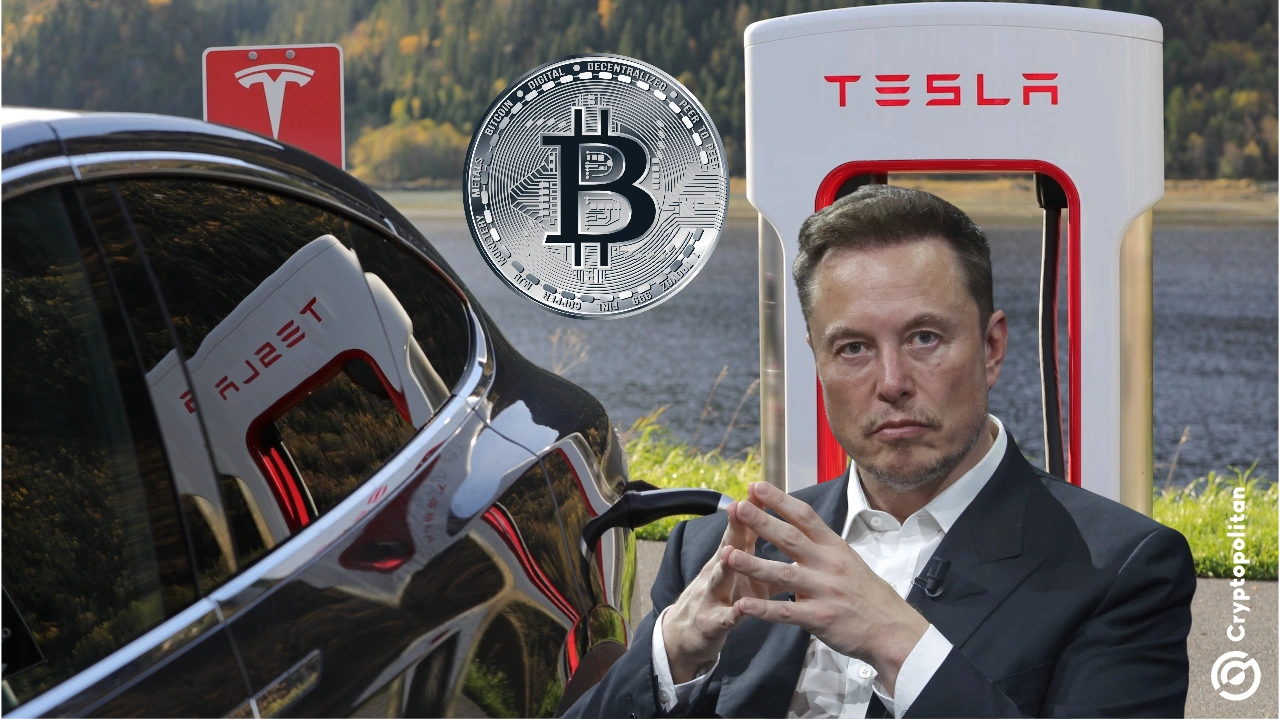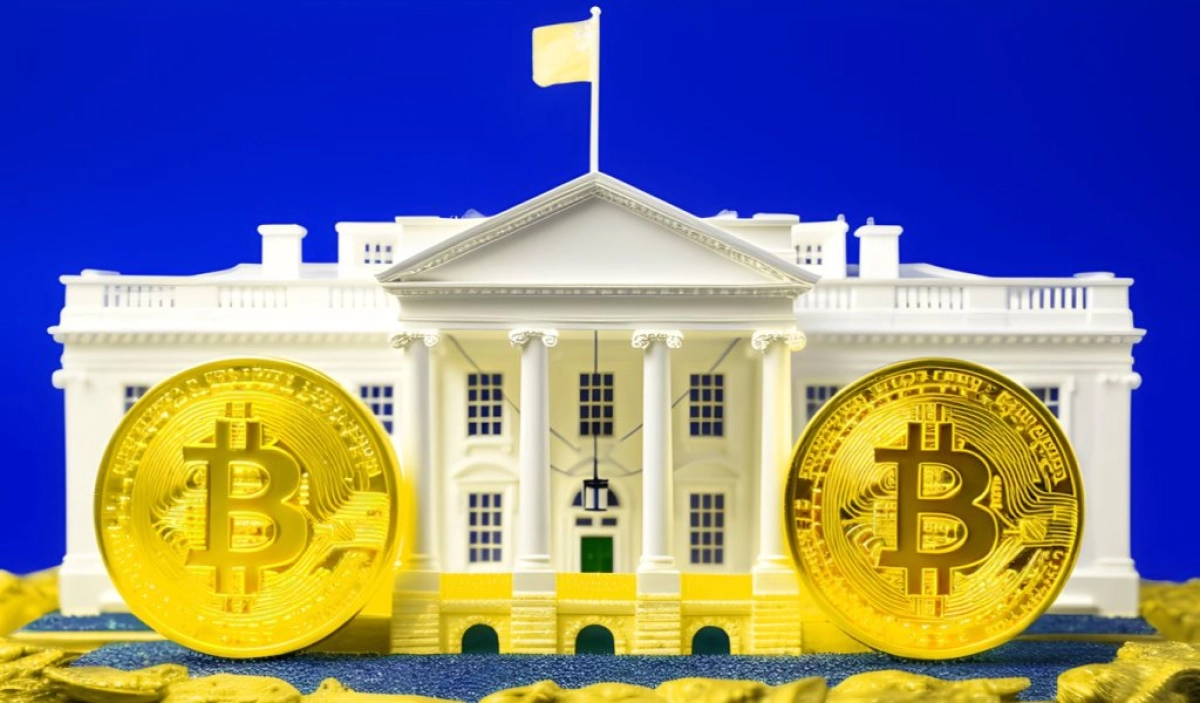In 2021, Tesla and its owner Elon Musk, the man who once called Bitcoin “a good idea on many levels,” turned their backs on it, citing environmental concerns.
At the time, it seemed like the right move for a company preaching sustainability. But now, Bitcoin has crossed over $100,000, and Tesla is sitting on over $1 billion in unrealized crypto gains. So, does Elon’s dramatic Bitcoin breakup still make sense, or is it starting to look like a decision Tesla might regret?
Back in 2021, Elon tweeted that Tesla was “concerned about rapidly increasing use of fossil fuels for Bitcoin mining and transactions.” He called out coal, the dirtiest of all fossil fuels, as a major issue.
Tesla & Bitcoin pic.twitter.com/YSswJmVZhP
— Elon Musk (@elonmusk) May 12, 2021
The crypto market immediately reacted. Bitcoin’s price dropped by more than 10% in a few hours. Elon’s influence was undeniable. Bitcoin believers were furious, calling him hypocritical. After all, Elon knew exactly how Bitcoin worked before Tesla jumped in.
Critics accused him of using environmental concerns as a cover for Tesla’s strategy to cash out during Bitcoin’s bull run. Whatever the motives, the decision was definitely a turning point for Tesla and its relationship with Bitcoin and for Elon’s relationship with the crypto community.
The concerns versus Bitcoin’s growth
There was a reason Elon’s environmental argument hit hard in 2021. Reports from the Cambridge Centre for Alternative Finance showed Bitcoin mining used more electricity annually than entire countries like Sweden or Malaysia.
Tesla, the poster child for clean energy, couldn’t be associated with an energy-intensive process powered largely by fossil fuels. Fast forward to today and the Bitcoin mining industry has made real progress in adopting renewable energy.
An estimated 52% of Bitcoin’s global mining operations now use renewable sources, up from 39% in 2021. That’s a big jump. But even with cleaner energy, Bitcoin’s mining process still guzzles electricity, and its overall environmental footprint remains massive.
This keeps Tesla’s sustainability argument alive, even if it’s starting to look outdated. But here’s the twist: while Tesla ditched Bitcoin payments, it never abandoned Bitcoin itself. The company has held onto its crypto stash the entire time. And that gamble has paid off big time.
Tesla’s Bitcoin fortune and its strategic moves
Shortly after the first purchase, Tesla sold 10% of its Bitcoin, pocketing $101 million in profits. By 2022, Tesla offloaded another 75% of its holdings, netting $936 million. Elon later said these sales were to “test Bitcoin’s liquidity,” but many saw them as well-timed exits during Bitcoin’s bull market.
Right now, Tesla still owns 11,630 Bitcoins. Elon hasn’t ruled out accepting crypto payments again, but he’s made it clear Tesla will only do so if mining becomes more sustainable. Financially, it’s hard to argue with the results.
Tesla’s Bitcoin holdings have ballooned in value, and the company is thriving elsewhere. Just last week, Tesla stock hit an all-time high of $424.77, fueled by Wall Street optimism, Elon’s political connections, and the global bull run.
Elon’s influence and the political wildcard
Speaking of politics, Elon’s growing influence in Washington could completely rewrite Tesla’s crypto narrative.
After spending $277 million to support Donald Trump’s presidential campaign, the eccentric billionaire is now close friends with the president and is set to lead the Department of Government Efficiency under the incoming administration.
This role gives him significant sway over federal regulations, including those related to crypto and autonomous vehicles. A pro-crypto administration means looser regulations and more mainstream adoption, which would benefit both Tesla and its Bitcoin holdings.
Analysts see Elon’s political maneuvering as a strategic play to position Tesla for future gains, both through crypto-friendly policies and faster approval processes for Tesla’s EV tech.
Either way, this is a great opportunity for the company to jump back in. Trump himself has promised to not do anything that could crash Bitcoin, and Tesla is no longer in a financially precarious position. Elon might wanna take his confidence up a notch.





